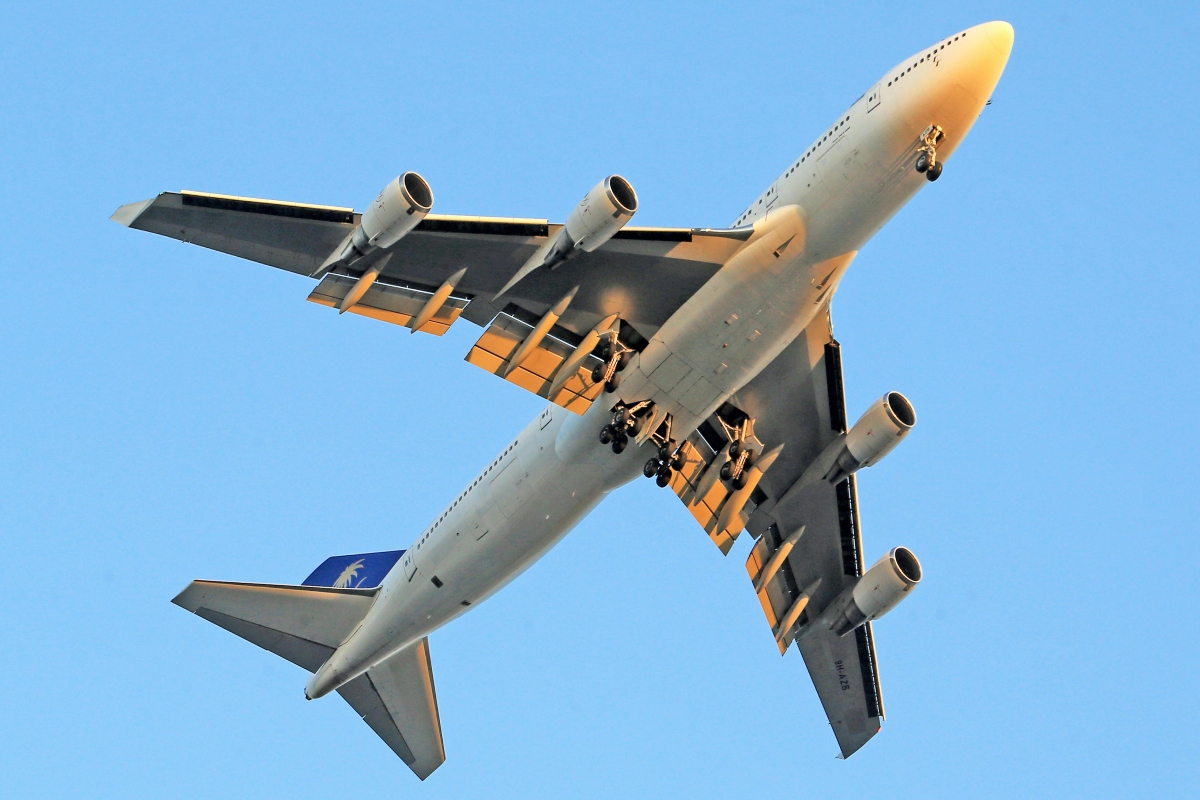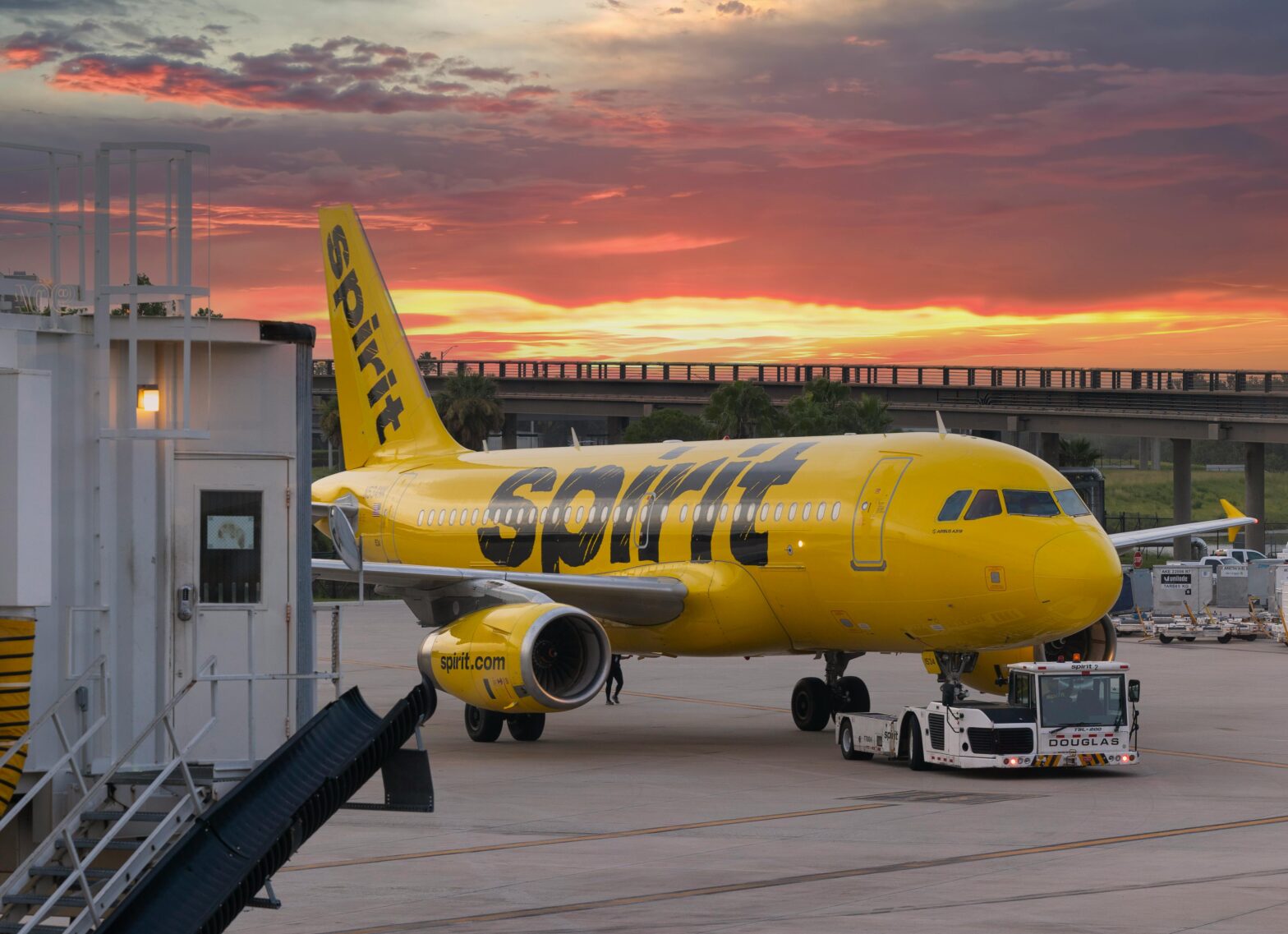The Federal Aviation Administration (FAA) has launched an investigation into the use of potentially counterfeit titanium in several recently manufactured Boeing and Airbus jets. This discovery has caused worries about the impacted planes’ structural integrity and safety. A Chinese manufacturer supplied the faulty titanium, which ended up in components used by Boeing and Airbus, along with fraudulent documentation. The parts include critical components such as passenger entry doors and cargo doors. Other affected areas are the engine connection elements for Boeing’s 787 Dreamliner and heat shields in the Boeing 737 Max and Airbus A220 models.
FAA’s Investigation Of The Counterfeit Titanium
According to the New York Times, the FAA’s concern is how this substandard titanium infiltrated the supply chain. The agency’s focus is on verifying the authenticity of the documents accompanying the titanium. These papers should have certified the titanium’s quality and compliance with industry standards. Spirit AeroSystems, a major supplier for both Boeing and Airbus, highlighted the issue after discovering small holes in the material due to corrosion.
A statement from the FAA emphasized the seriousness of the situation: “Boeing reported a voluntary disclosure to the FAA regarding procurement of material through a distributor who may have falsified or provided incorrect records. Boeing issued a bulletin outlining ways suppliers should remain alert to the potential of falsified records.”
Importance Of Titanium In Aircraft Manufacturing
Titanium is a crucial material in the aerospace industry. This importance is due to its high strength-to-weight ratio, resistance to corrosion, and ability to withstand extreme temperatures. Aircraft landing gears, blades, turbine discs, and various structural components use it extensively. Using counterfeit titanium in Boeing and Airbuses poses significant risks. Aircraft parts may face potential structural failure and reduced lifespan.
Boeing and Airbus conducted tests on the affected materials and reported no immediate safety concerns. Boeing stated that most of its titanium is directly sourced and unaffected by this issue. “This industrywide issue affects some shipments of titanium received by a limited set of suppliers. Tests performed to date have indicated that the correct titanium alloy was used,” Boeing noted, adding that any affected parts are being removed before aircraft delivery.
Airbus echoed similar assurances, maintaining that the A220’s airworthiness remains intact. An Airbus spokeswoman confirmed, “Numerous tests have been performed on parts coming from the same source of supply. The safety and quality of our aircraft are our most important priorities.”





